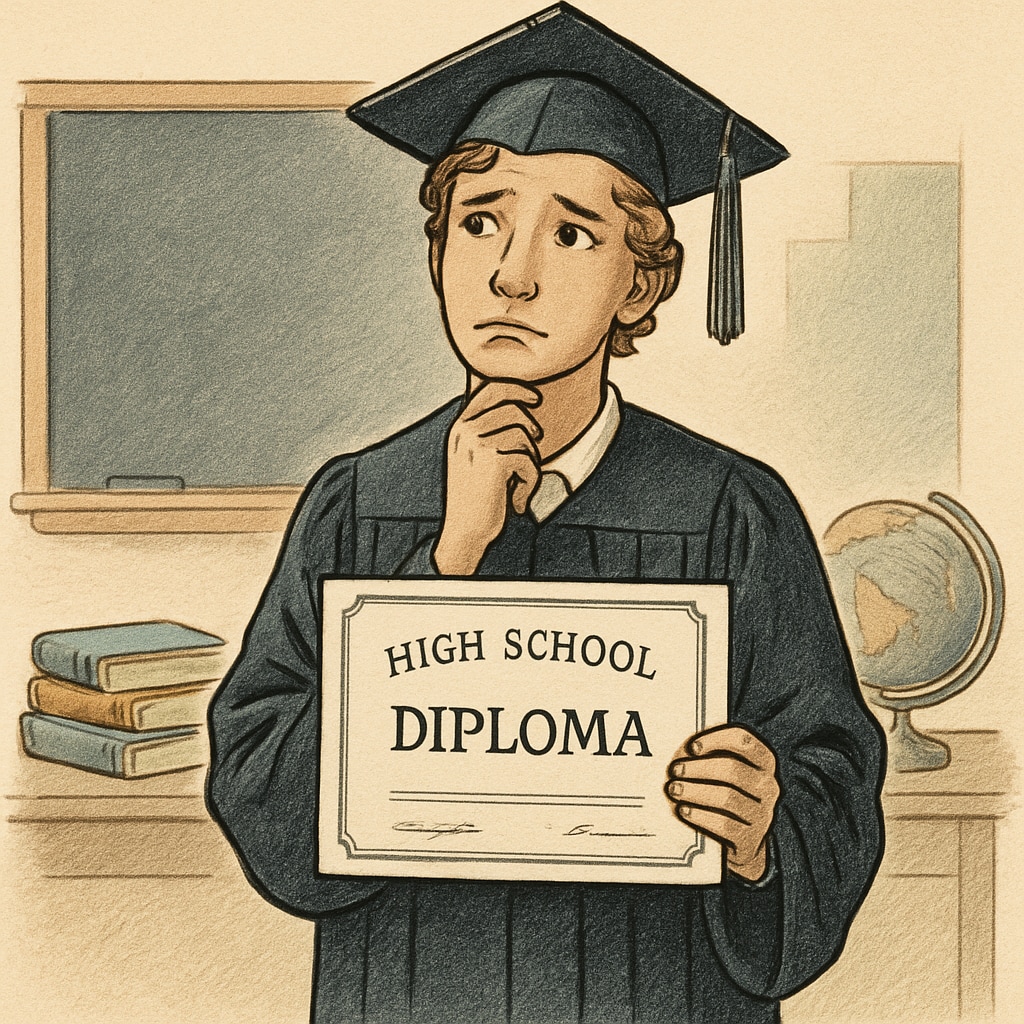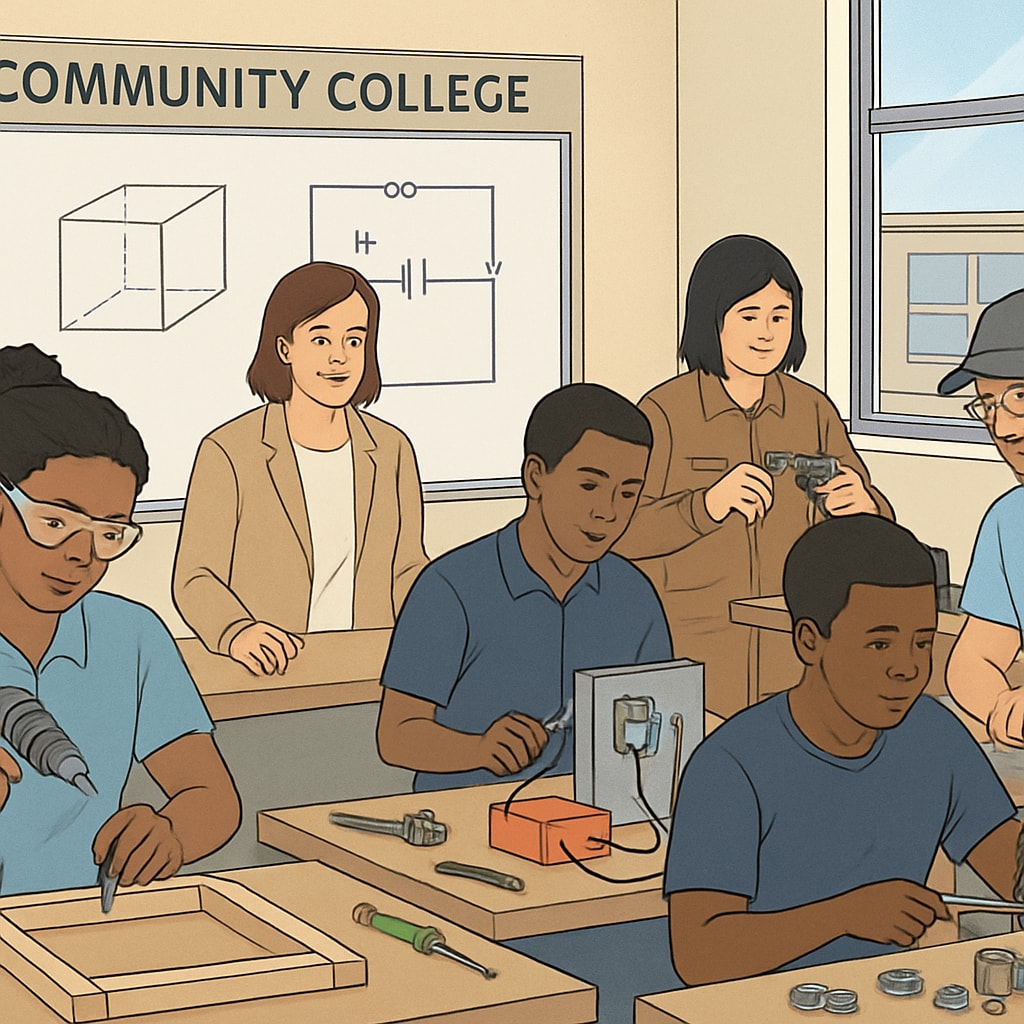For many students, earning a modified high school diploma marks the end of their academic journey. However, this milestone is often accompanied by mixed emotions such as regret, self-doubt, and uncertainty about the future. The modified diploma—a credential tailored for students with unique needs or circumstances—can sometimes feel limiting in the long run, especially when it comes to higher education or career opportunities. This article dives into the emotional and practical challenges of graduating with a modified diploma and explores actionable ways to transform regret into new possibilities.

The Emotional Weight of a Modified High School Diploma
Receiving a modified high school diploma can evoke a range of emotions. While it reflects a significant personal achievement, graduates often encounter stigma or a sense of inadequacy compared to peers with standard diplomas. This feeling is compounded when they face obstacles in higher education or job markets, where certain opportunities may require a traditional diploma.
Regret is a common experience in this situation. Graduates may wonder if different choices during their high school years could have led to better outcomes. For instance, some might regret not seeking additional academic support or exploring alternative educational pathways earlier. These feelings, while valid, can take a toll on self-confidence and motivation if left unaddressed.
However, it is essential to remember that regret does not define one’s future. Instead, it can serve as a springboard for growth and change.
Assessing the Long-Term Impact of Educational Choices
The long-term consequences of a modified diploma vary depending on individual goals and circumstances. For example, some colleges and universities may not accept students with modified diplomas, which can limit access to higher education. Similarly, certain employers or industries may prioritize candidates with traditional diplomas or equivalent certifications.
On the other hand, many pathways remain open, including vocational training, community college programs, and workforce development initiatives. These options can provide valuable skills and credentials, making it possible to build a fulfilling career despite initial setbacks. According to Britannica’s overview on education, lifelong learning plays a crucial role in personal and professional development, emphasizing that no single diploma defines a person’s potential.
Practical Strategies for Moving Forward
If you find yourself regretting your modified high school diploma, there are concrete steps you can take to create new opportunities:
- Pursue Additional Credentials: Enroll in a General Educational Development (GED) program or an adult high school completion course to earn a standard diploma or equivalent certification.
- Explore Alternative Education: Community colleges often accept students with modified diplomas and offer pathways to associate degrees or transfer programs for four-year universities.
- Focus on Skills Training: Vocational programs can provide hands-on experience and certifications in high-demand fields such as healthcare, technology, or skilled trades.
- Seek Mentorship: Connecting with a mentor or counselor can help you navigate career and educational options while building confidence in your abilities.

Building Resilience and Shaping a Positive Mindset
Overcoming the regret associated with a modified diploma requires not just action but also a shift in mindset. Here are some tips for building resilience:
- Practice Self-Compassion: Acknowledge your achievements and challenges without judgment. Everyone’s journey is unique, and setbacks are part of growth.
- Set Realistic Goals: Break your larger ambitions into smaller, manageable steps to maintain momentum and celebrate progress.
- Seek Support: Surround yourself with people who encourage and inspire you, whether they are friends, family, or professional networks.
- Embrace Lifelong Learning: Continuously seek opportunities to learn and improve, regardless of your starting point.
As highlighted in Wikipedia’s article on lifelong learning, education is an ongoing process that extends beyond formal schooling. This perspective can help graduates of modified diploma programs feel empowered to pursue their goals at any stage of life.
Conclusion: Turning Regret into Opportunity
A modified high school diploma may come with challenges, but it is far from the end of the road. By addressing feelings of regret, assessing your options, and taking proactive steps, you can transform this experience into a stepping stone for future success. Remember, your worth is not defined by a piece of paper but by your determination to grow and thrive. The journey may not be easy, but it is undoubtedly worth it.
As you move forward, focus on what lies ahead rather than what could have been. With the right mindset and resources, the possibilities are endless.


